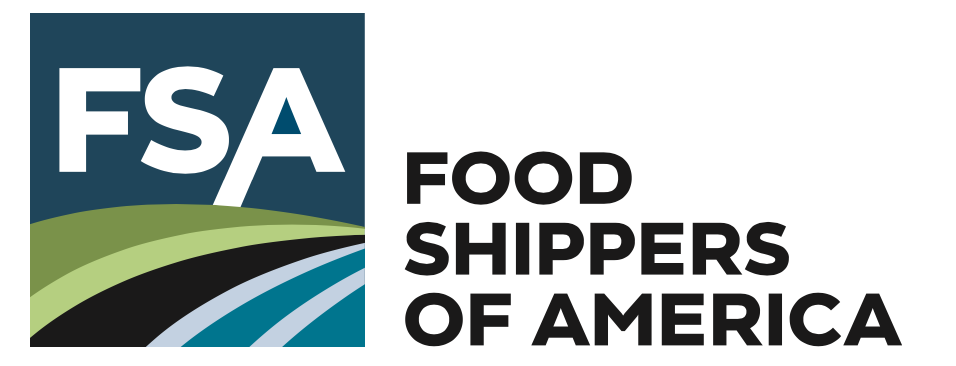Mars to Invest $2B Into U.S. Manufacturing, Supply Chain through 2026
by Staff, on Aug 7, 2025 5:56:14 PM

Mars, Inc., a global leader and maker of more than 40 beloved snacking, food and pet brands in the United States, including Royal Canin, M&Ms, Snickers, Ben's Original, Pedogree, and Sheba, recently announced plans to grow its U.S.-based manufacturing by investing an estimated $2 billion into its operations across the country by the end of 2026. Mars is a current FSA member.
This multi-billion-dollar investment builds on the ongoing Mars commitment to U.S.-based manufacturing, where 94% of Mars products sold in the U.S. are produced locally in the U.S. In the last five years, the company invested over $6 billion into U.S. manufacturing.
 "This investment is about building a stronger, more resilient business in the U.S. – one that can grow with our consumers, deliver for our partners, and create lasting economic impact in the communities where we operate," says Claus Aagaard, CFO of Mars. "The U.S. is our biggest and most important market, and a key engine of growth for the long term – not only through our legacy manufacturing footprint but also through the expansion of strategic acquisitions like Nature's Bakery, which is already scaling quickly. That's why we've committed $6 billion to U.S. manufacturing in the last five years, with another $2 billion planned by the end of next year."
"This investment is about building a stronger, more resilient business in the U.S. – one that can grow with our consumers, deliver for our partners, and create lasting economic impact in the communities where we operate," says Claus Aagaard, CFO of Mars. "The U.S. is our biggest and most important market, and a key engine of growth for the long term – not only through our legacy manufacturing footprint but also through the expansion of strategic acquisitions like Nature's Bakery, which is already scaling quickly. That's why we've committed $6 billion to U.S. manufacturing in the last five years, with another $2 billion planned by the end of next year."
The $2 billion dollar investment is supporting a new, $240 million facility for Nature's Bakery in Salt Lake City, Utah that recently opened. The 339,000+ square-foot Nature's Bakery site will create more than 230 new jobs in the region and expand the brand's capacity, with the ability to produce nearly one billion bars each year.
Earlier this year Mars opened a $450 million Royal Canin® dry pet food facility in Lewisburg, Ohio – the brand's largest dry pet food factory globally - creating up to 270 new jobs in the area.
 Mars recently opened a $450 million Royal Canin® dry pet food facility in Ohio, which is the brand's largest dry pet food factory globally.
Mars recently opened a $450 million Royal Canin® dry pet food facility in Ohio, which is the brand's largest dry pet food factory globally.
As a privately-held, family-owned business that has been headquartered and operated in the U.S. for more than a century, Mars has long taken a generational approach guided by its purpose – the world we want tomorrow starts with how we do business today. Mars has a presence in the U.S. across 49 states, employs over 70,000 Associates and operates 38 factories in addition to veterinary clinics, labs and 16 global and regional offices. In the last 5 years, Mars has added over 9,000 U.S.-based Associates.
Supply Chain With Bite: A Company’s Recipe for Safety, Resiliency
Naturally, along with this expansive investment in manufacturing comes changes in the supply chain at Mars, Inc. But what are some of the foundational principles involving the company’s supply chain?
The goal at Mars is to support the well-being of people across the global food supply chain by enabling best practice for the production of safe, nutritious and enjoyable food. This is accomplished through work in the company’s own supply chains as well as by fostering knowledge sharing and insights on a precompetitive basis.
Food safety is one of the fundamentals of food security, yet the Food and Agriculture Organization of the United Nations estimates that around 1 in 10 people around the world suffers ill effects from eating unsafe foods. It is understood that the safety of the foods consumed influences nutrition, health and well-being, cognitive capability and economic opportunities that shape national and global development. Food safety is not just a problem of developing countries. Even in the world’s richest economies the problem persists — for instance, 1 in 6 Americans suffers from a foodborne illness each year.
As a global food manufacturer operating across more than 80 countries with a diverse range of products, Mars has gained hands-on experience in managing the challenges associated with sourcing a wide range of raw materials within complex supply chains. The company is committed to sharing insights and best practices with food safety partners and collaborators around the world to support our collective aim of ensuring safe food for all.
That’s why, in 2015, the major food company opened the Mars Global Food Safety Center — a global research and training facility established to increase understanding, foster collaboration and help raise food safety standards on a global scale through collaborative research, training and knowledge sharing. The Mars GFSC is focused on addressing three long-term food safety challenges:
- Mycotoxin risk management: Mars is developing partnerships and strategies to help tackle mycotoxins and aflatoxins, which pose the most serious health threat within the global food supply chain.
- Microbial risk management: Mars’ program aims to transform the management of bacterial contamination through the application of new technologies and methodologies. For example, in 2015 the company launched the IBM-Mars Consortium for Sequencing the Food Supply Chain to observe, predict, and ultimately prevent, potential food safety threats.
- Food Integrity: Mars’ work focuses on the prevention of “known and unknown” food contamination risks, such as tampering and food fraud.
Supply chain resiliency also is a goal. Mars’ partnerships extend beyond food safety to helping find ways to drive resilience across the global supply chain. Today, the company works with 25-plus partner organizations and academic institutions to share knowledge and generate new insights to support supply chain resilience. Global partners include: the Food and Agriculture Organization of the United Nations, the World Food Programme, the Partnership for Aflatoxin Control in Africa and the African Orphan Crops Consortium, to name but a few. Through these partnerships, Mars aims to drive higher crop yields in a sustainable way, improve nutrition and economic value, and also reduce contamination, food waste and environmental impact.
Ultimately, the company claims to believe investing in cutting-edge science and new technologies, as well as focusing on collaboration to share insights and best practices, will help combat the causes of unsafe food, improve supply chain resilience and enhance farmer incomes around the world.
Related Articles:
- Mars Cuts Supply Chain Emissions By 16%
- Food Brands Focus on Sustainability to Celebrate Earth Day
- How Food Shippers Adapt to Permanent Volatility in Supply Chain
- Nestle Opens State-of-the-Art Beverage Factory and DC in Arizona
- Dollar General Announces Plans for Three New DCs
Like this kind of content? Subscribe to our "Food For Thought" eNewsletter!
Now more than ever, professionals consume info on the go. Distributed twice monthly, our "Food For Thought" e-newsletter allows readers to stay informed about timely and relevant industry topics and FSA news whether they're in the office or on the road. Topics range from capacity, rates and supply chain disruption to multimodal transportation strategy, leveraging technology, and talent management and retention. Learn More



